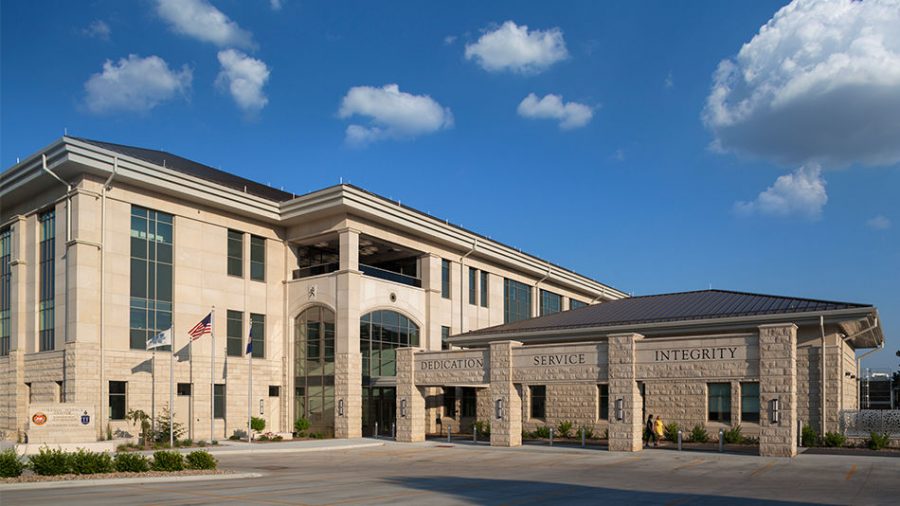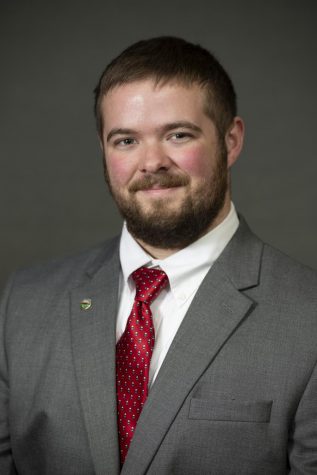Interested In solving crimes? Forensics may be for you.
March 26, 2019
The Forensic Science department at Washburn University has attracted many students who share common interests in solving puzzles, developing excellent investigative skills and analyzing crime evidence. But what is the Forensic Science department all about and who are the heads of this supposedly sequestered part of Washburn?
Our university currently offers four different forensic science programs to choose from which include: Digital Forensics, Forensic Anthropology, Forensic Chemical Science and Forensic Investigation. Each program has its own experts who teach select classes that give students the space they need to hone their forensic skills in their chosen fields. Students learn everything from being able to conduct crime investigations to following a person’s footprint in a digital database by using highly sophisticated tools in lab environments and classrooms on campus.
Professor Holly O’Neill is one of the prestigious members of the Forensic Chemical Science department at Washburn who teaches a variety of classes such as Advanced Forensics Chemical lab and Intro to Forensic Chemistry. She works in the Kansas Bureau of Investigation building on Washburn’s campus where she teaches several of her forensic classes.
“The degree program is designed to train forensic chemists in lab environments, such as in identifying unknown drugs and substances. It gives them information about law enforcement and collecting evidence. It makes them qualified to do analytical work and makes them familiar with forensic chemistry in general,” said O’Neill.
Jessica Voegeli, one of O’Neill’s students, is a senior at Washburn who is pursuing a major in Forensic Chemical Science and a minor in biology. She spoke about how much she appreciated O’Neill’s teaching abilities during her time at the university.
“She is amazing, she has such a passion for everything she does,” Jessica said.
Bruce Mechtly is also an expert in the field of forensic science; he focuses on the subject of Digital Forensics. When he is not occupied with working on personal coding projects he can be found helping students learn how to utilize cutting-edge technology to perform tasks such as identifying computer files and monitor computer network traffic. In today’s world, professionals with a keen eye for detail and a knack for computers are needed in the field of Digital Forensics to help solve important criminal cases.
Mechtly spoke more about the courses he teaches at Washburn which include Digital Forensics I and II, which are cross listed with criminal justice. He went on to say that he encouraged criminal justice students to take his courses as electives to expand their horizons.
“The idea of Digital Forensics is can we find things that are what we call artefacts, digital artefacts, browser histories, cash, cookies, restoring passwords,” Mechtly said. “All this stuff is there it’s just that sometimes it’s in a binary format and it’s not obvious where to find it but there are many tools at our disposal that we use to uncover that data.”
Each forensic program offers something a little different to students at Washburn. These programs are sure to attract any students who have an interest in crime or solving puzzles but be warned, the field of forensics is not always filled with harrowing stories that are often seen on TV. If you have an interest in the fields of Digital or Chemical forensics, be sure to contact O’Neill or Mechtly.
Tune in next week for more information regarding the other two programs in forensics as well as a growing fifth program that will soon be added to the registry in the coming year.




